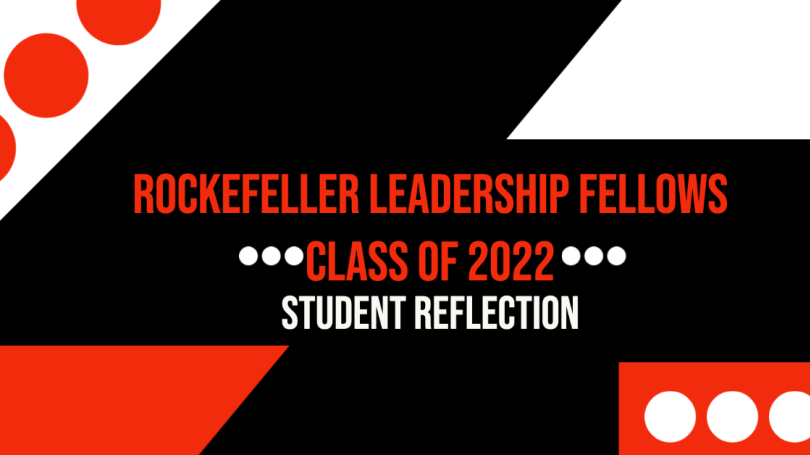
- Public Policy
- Leadership
- Funding
- News & Events
- About the Center
Back to Top Nav
Back to Top Nav
Back to Top Nav
Back to Top Nav
On February 24th Hwikeun Kim gave his presentation on Practical Leadership. HK conveyed the importance of possessing cognitive, emotional, and dispositional flexibility in order to become a capable and respected leader. Cognitive flexibility focused on having different strategies and gameplans to solve a problem as a leader and emotional flexibility focuses on varying approaches based on the emotions of the leader and who the team is dealing with. More specifically, HK focused on having dispositional flexibility: the ability to confer with others on the team to create a cohesive solution. HK talked about how he initially lacked dispositional flexibility when consulting others, and that led to friction within some team settings. It is important to defer to others based on their skills to guard against stubbornness. As a leader, I agree that having that dispositional flexibility isn't a sacrifice to pride, but a strength in showing openness and cooperation in a team setting.
HK provided scenarios from his time at Dartmouth Consulting Group and his presidency of his fraternity for how he utilized practical leadership. Namely, he emphasized how dispositional flexibility and conferring to his team led his fraternity through the winter term and allowed them to organize events despite restrictions. I can relate to that scenario; leadership is not always perfect. Sometimes outside events or sudden happenings can derail a situation and it is important to know that others have your back in those difficult times. After all that is what leadership is. You steer the ship the best you can, sometimes the waters are smooth, sometimes you hit the rocks, but in the meantime, you cultivate relationships with your crew so you can have a reliable team to help you journey forward. Moving onwards, I will take the lessons on emotional flexibility in mind. I oftentimes try to neglect my mental health or emotional wellbeing in pursuit of a project, and this can lead to creating a toxic atmosphere for teams I've worked in the past and with my day-to-day interactions. I've gotten better at venting these frustrations in more creative outlets, and possessing all three qualities for practical leadership is something I will keep in mind for any team scenario.
-Written by Kevin Chen, Class of 2022 Rockefeller Leadership Fellow
As Rockefeller Leadership Fellows, seniors gain a better understanding of the qualities and responsibilities expected of leaders. As Fellows take part in the workshops, discussions, and team-building exercises, they examine their skills, qualities, and attributes as leaders and analyze how these influence teamwork and achieving goals.